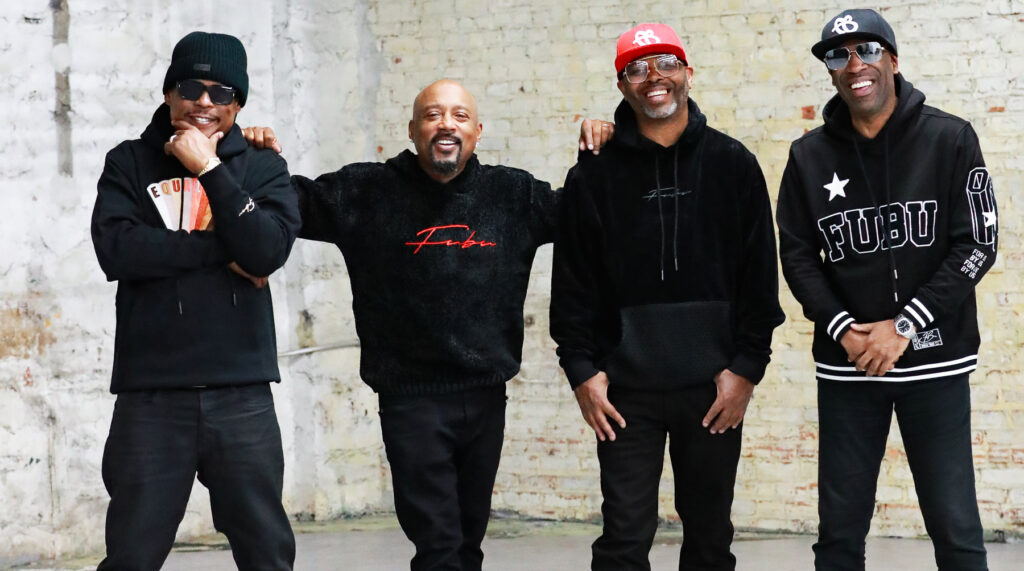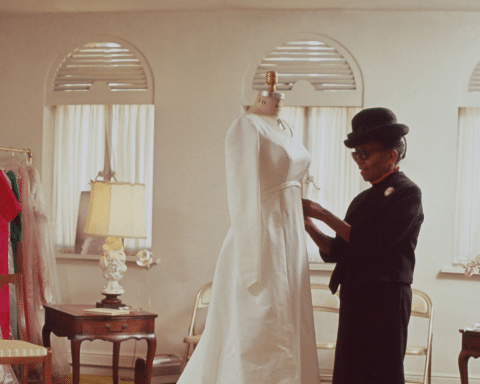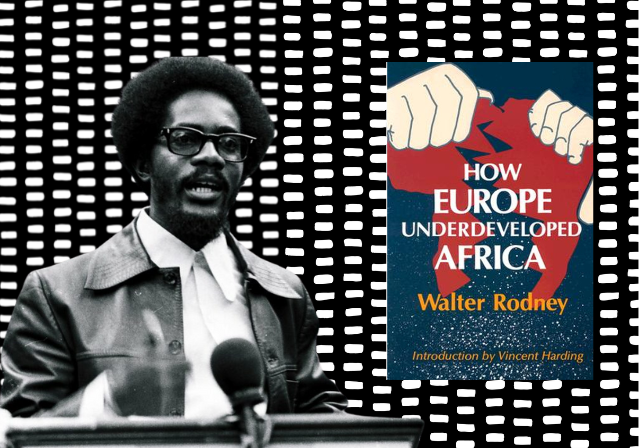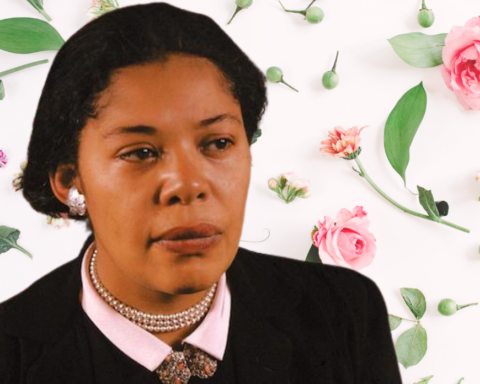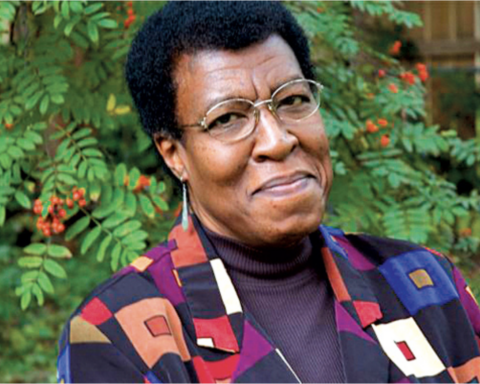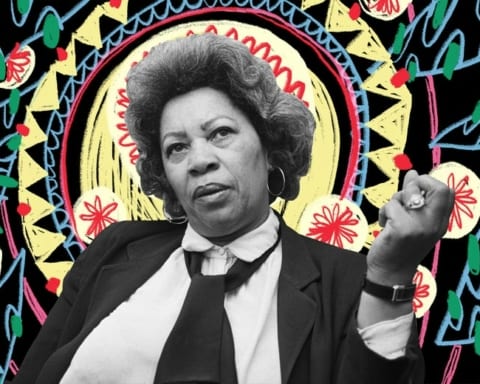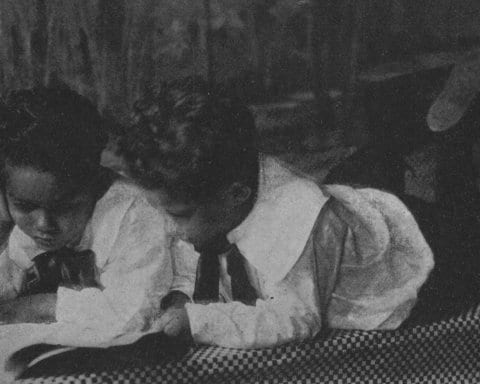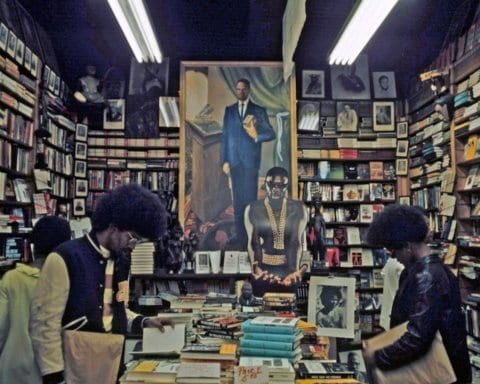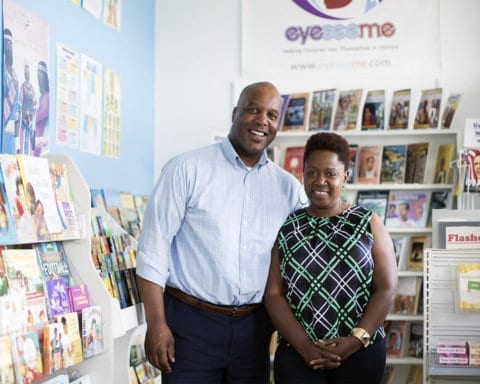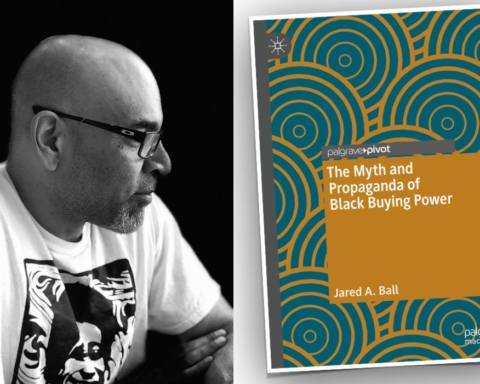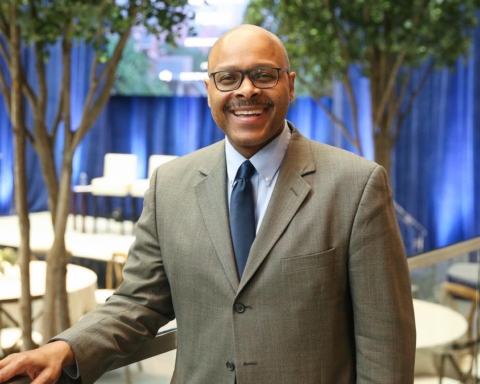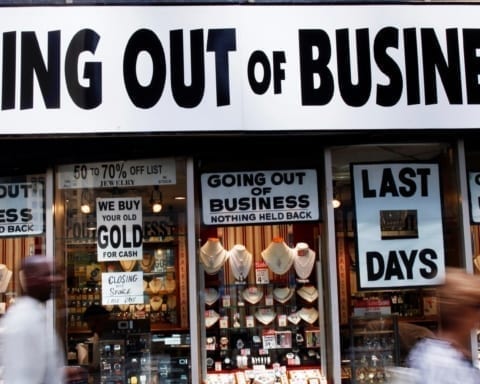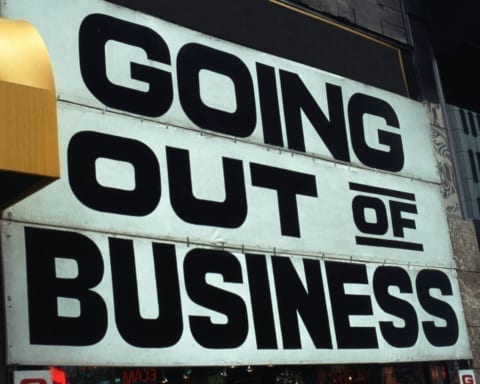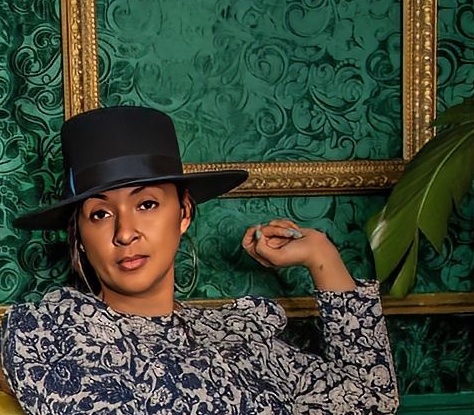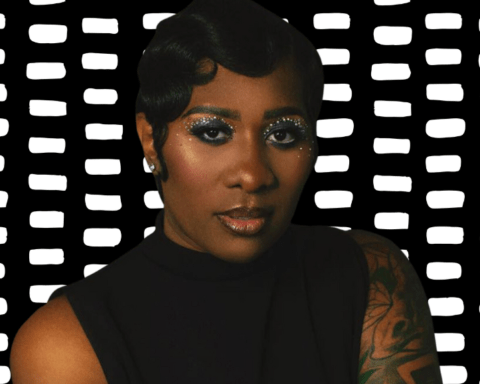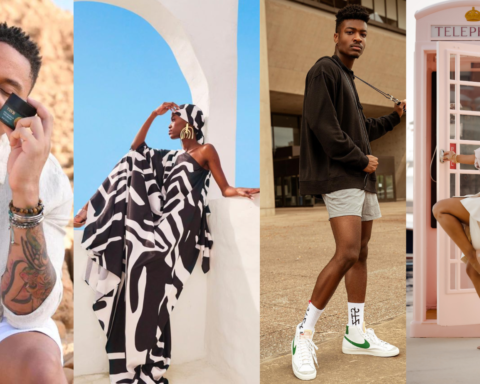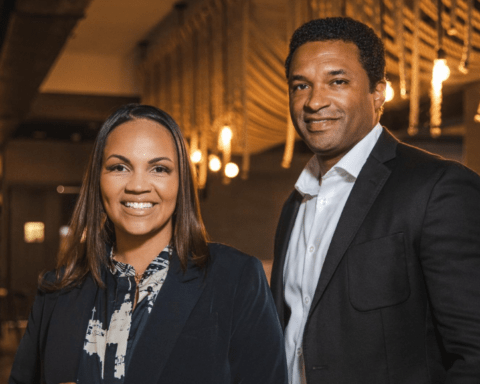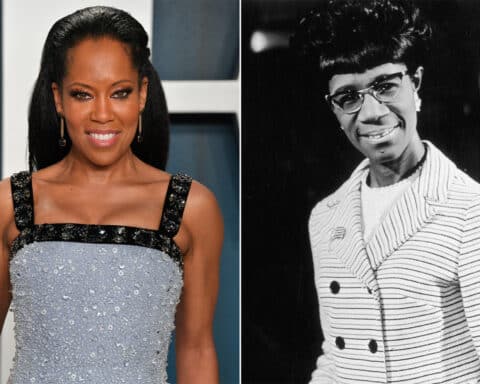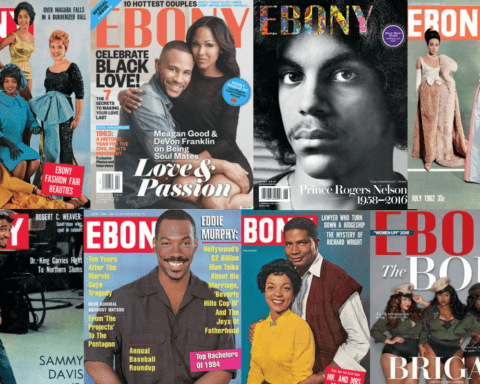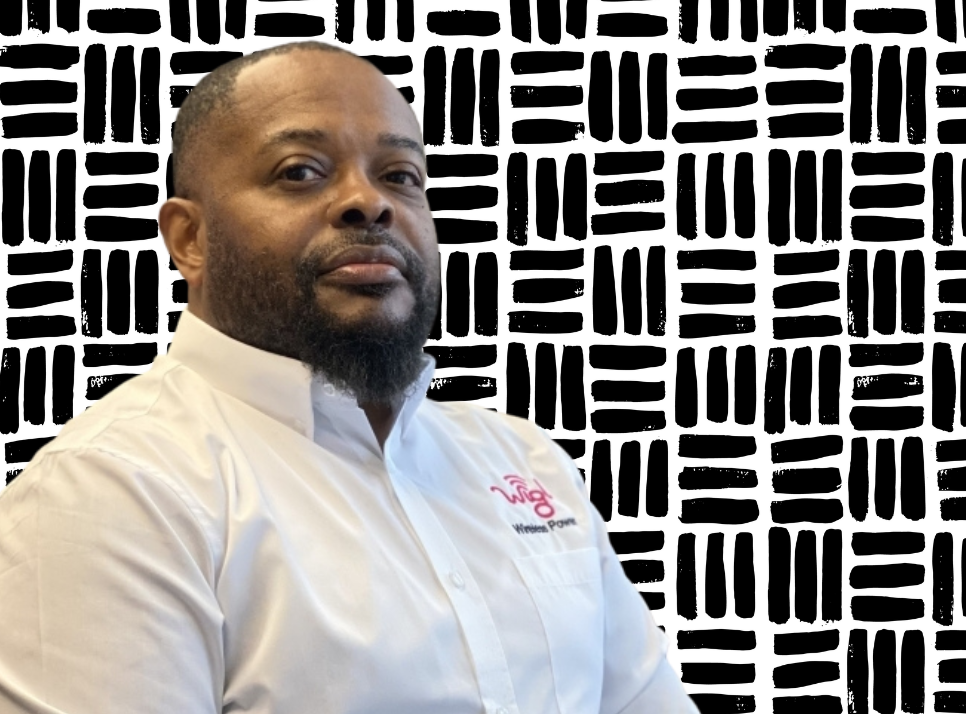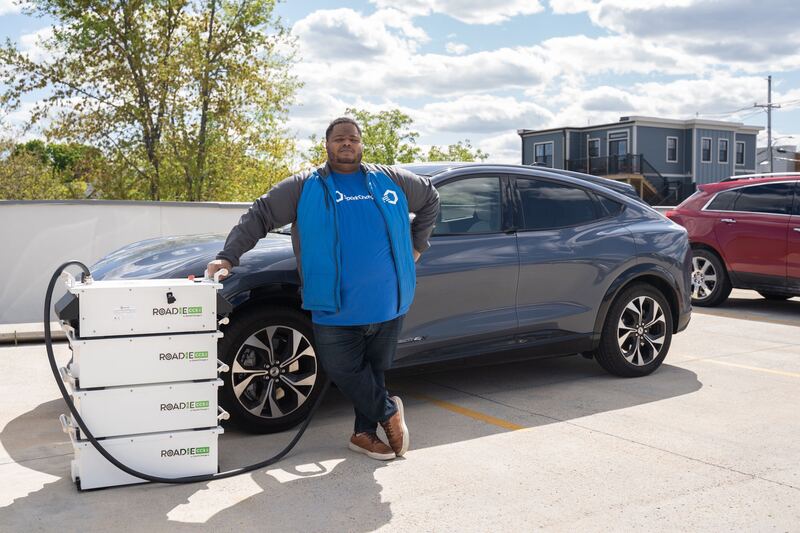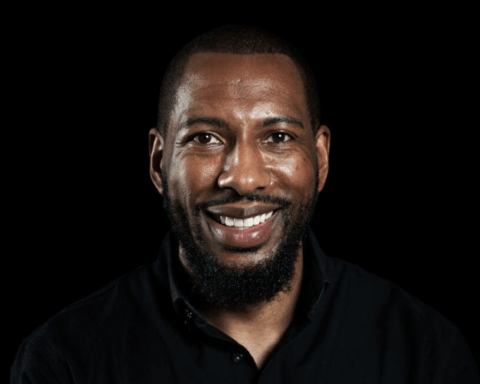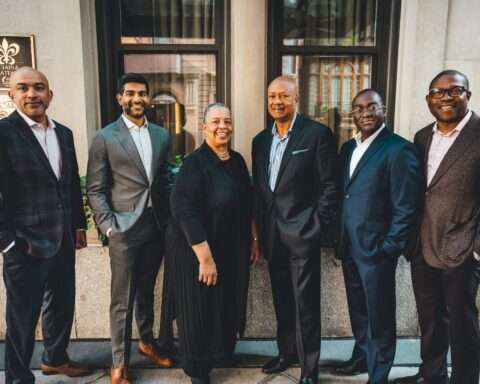FUBU Founders on the Past and Future of a Legendary Brand
FUBU, short for “For Us By Us,” was founded in 1992 by Daymond John, J. Alexander Martin, Keith Perrin, and Carlton Brown as a hat company.
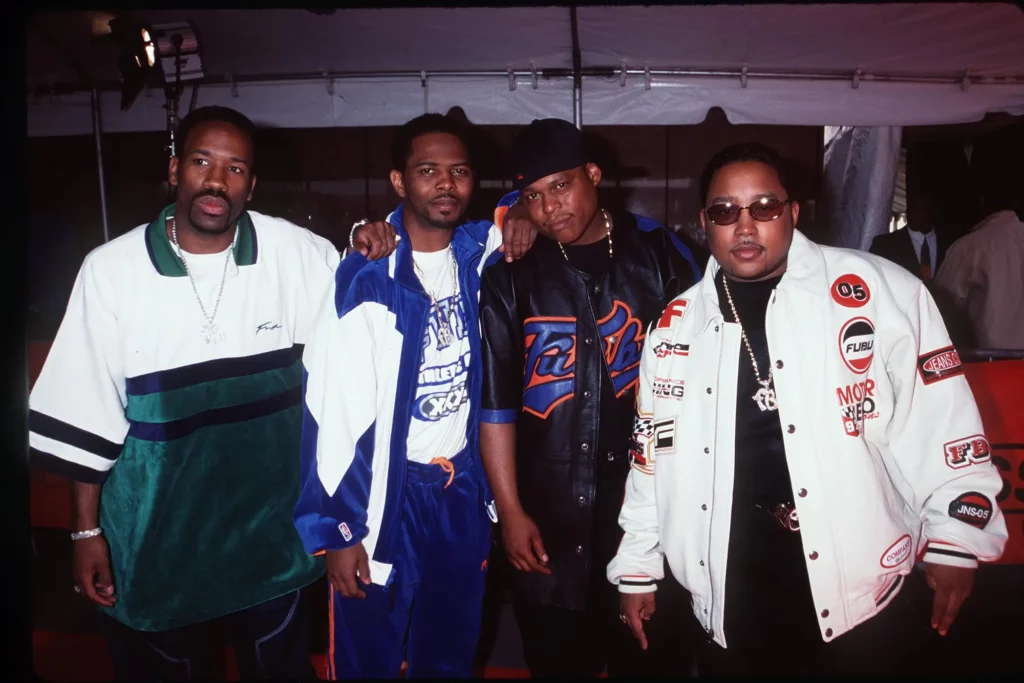
During the 1990s, it became a popular fashion choice in the street-wear scene and by the early 2000s, it had gained worldwide recognition. The company’s revenues grew significantly during this time, with FUBU becoming one of the most successful urban fashion brands in history.
According to Forbes, FUBU reached $350 million in annual sales at its peak in 1998, and by 2004, the company was worth an estimated $6 billion.
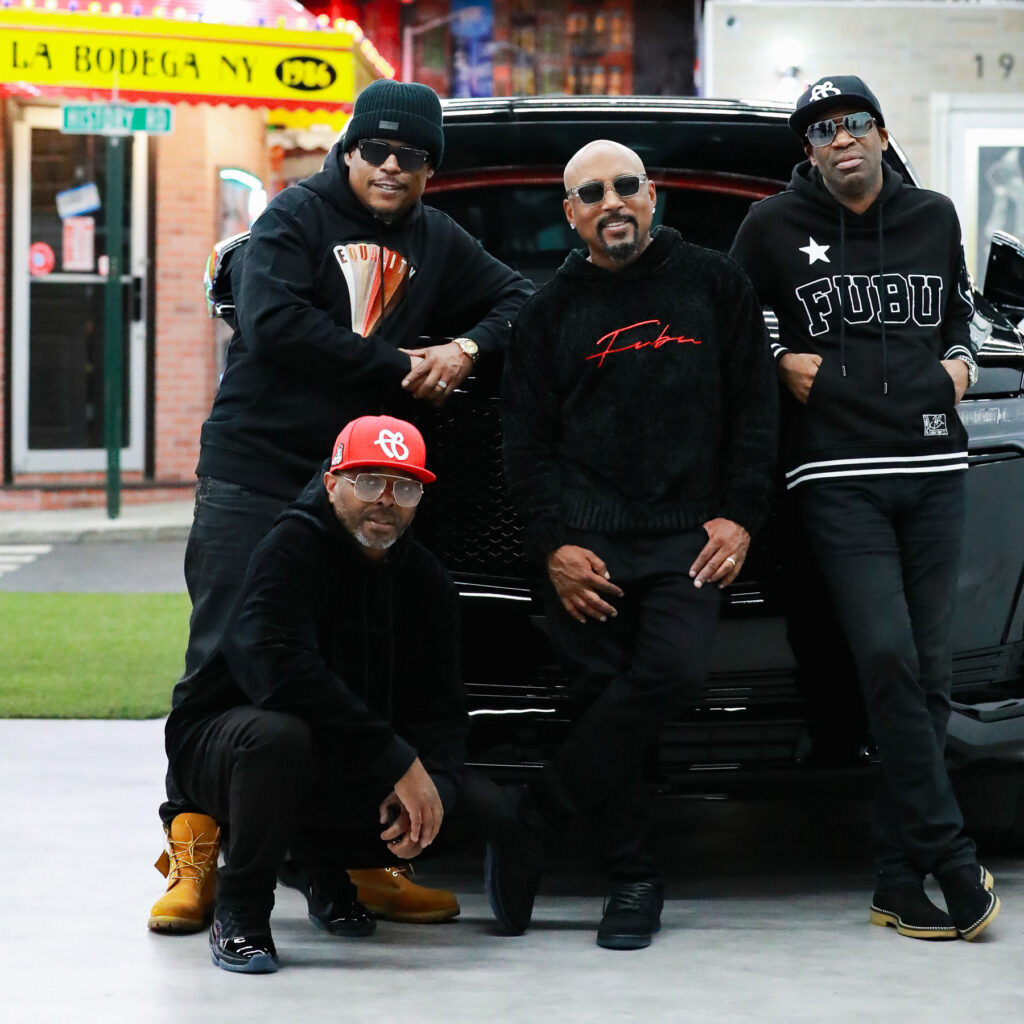
We caught up with Carlton E. Brown, J. Alexander Martin, and Keith Perrin, to share their memories and thoughts about the future of FUBU.
Carlton E. Brown
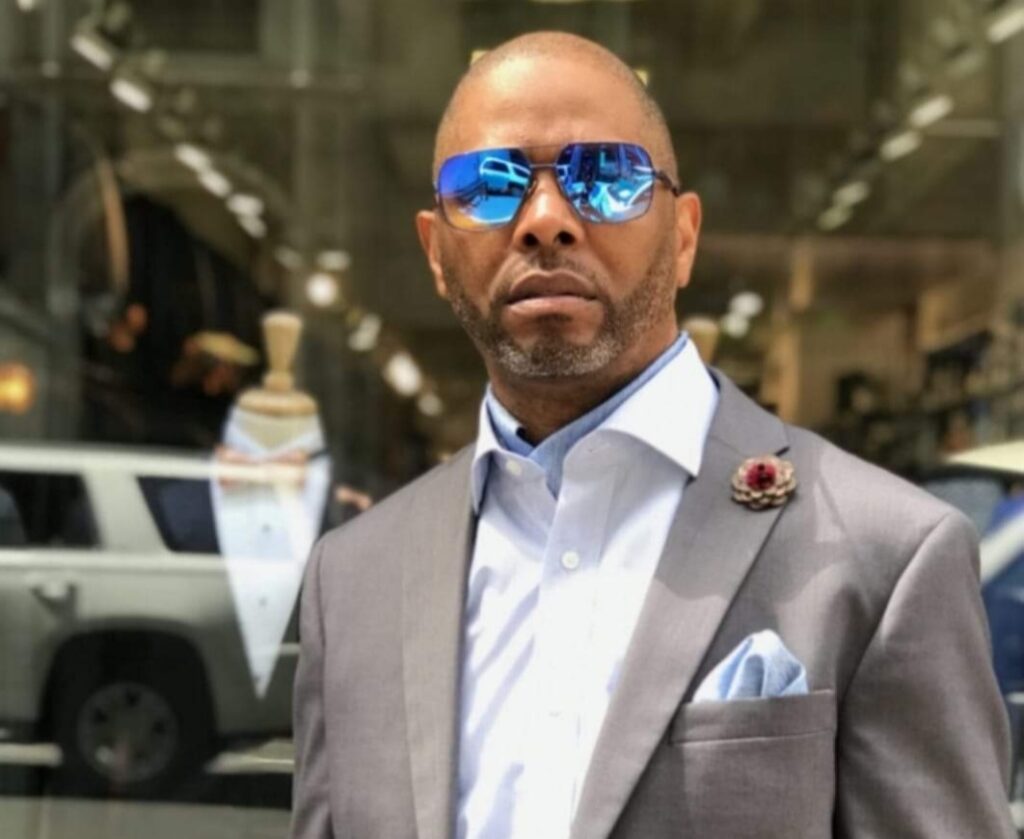
What role did you play at the company at its inception?
Daymond and I have been together building this business from its conception. We thought of the name FUBU together. Outside of designing I have worn pretty much every hat to date.
What moment in time during the height of FUBU’s success is most memorable and special to you?
The word “height” depends on one’s perspective. For me, the most memorable moment was setting up our first retail store Montego Bay in Jamaica Queens. Once I saw our goods on a T-rack and saw the people buy what we had created, I knew there was no stopping us.
What are your current aspirations for the FUBU brand?
Global branding and distribution.
You are currently involved in real estate development. Can you tell us how you got involved in real estate and share your plans for hotelFUBU?
I grew up watching my grandfather build an impressive real estate portfolio. He started as a junk collector, then a vacuum cleaner sales rep to one of the most successful real estate investors in Jamaica queens throughout the 80s and 90s.
The goal for HotelFUBU and FUBUvillage is to create lodging, market rate, and affordable housing catering to the needs of the next generation.

J. Alexander Martin
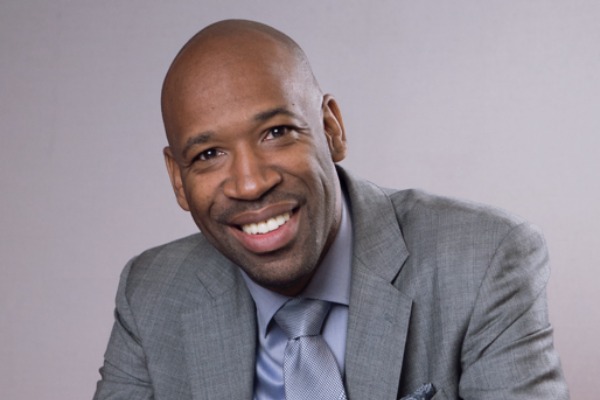
What role did you play at the company at its inception?
I came home from Desert Shield from the US Navy with the desire to be in fashion. Luckily my childhood friend created the fundamental steps by creating a tie top hat and the name Fubu. I used my stipend of $5000 and my GI Bill to turn Fubu into the brand it is today.
What moment in time during the height of FUBU’s success is most memorable and special to you?
When I was steadfast on creating a brand with the fundamentals of forusbyus, I worked diligently every day. I worked at Macy’s and was written up for something I did not do. So I quit and said the next time I walked into Macy’s I would be selling to them. The next time I did we were in the Macy’s window, something that has never been done.

What are your current aspirations for the FUBU brand?
My aspirations have never wavered. I’ve always wanted Fubu to be a legacy brand. It’s been over 30 years and I hope to continue for 30 plus more years.
You currently serve as CEO of the ForUsByUs Network. Tell us more about this venture.
Forusbyusnetwork is a streaming service for urban content. The Forusbyusnetwork has taken the spirit of excellence and created a streaming service to highlight the culture.
We set out to bring the African American consumer engaging content of all genres. We know that in fashion, distribution is key so we’ve set out to be on all platforms OTT, CTV, AVOD, SVOD, or Linear.
We want to be the destination portal for all content providers and urban channels. From the For Us By Us award show aimed to highlight our greatness to informative content via podcasts, documentaries, and our original series & reality shows. The Forusbyusnetwork will bring our original niche movies to cinemas around the globe.

Keith C. Perrin

What role did you play at the company at its inception?
I started off as a salesman then I moved into marketing where I became the person in charge of product placement. I placed the brand in movies, commercials, videos, photoshoots, etc.
What moment in time during the height of FUBU’s success is most memorable and special to you?
For me, it had to be meeting Nelson Mandela at his home in South Africa. I couldn’t believe he knew who we were and called us to come meet him. What an experience.
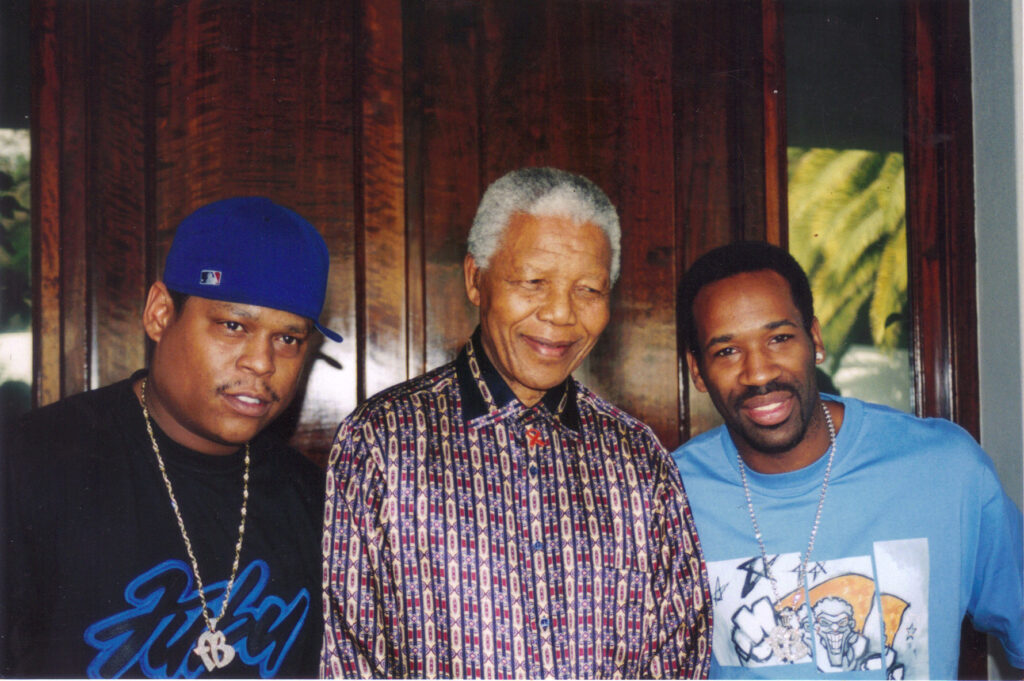
What are your current aspirations for the FUBU brand?
I’d like to see it last as long as some of the brands that have been around 40-50 years and maybe pass it down to our kids and see what they do with it. For me being in this business for 30 years is a feat we never knew we’d reach. You can’t mention Hip Hop without mentioning FUBU.
You currently serve as CEO of FUBU Radio. Tell us more about this venture.
I started Fubu Radio with my business partner Demetrius Brown. We don’t cater to any particular playlist, we play hits from back in the ’90s to the current year. I have a strong and dedicated team that produces some great content. I’m gearing up for my own Mr.Keeyzo’s radio show with Chrys Childs coming Spring of 2023.
We shot 12 episodes of our first TV show Midday with Shay McCray which will launch at the beginning of 2023. We partnered with You42 Network and I’m looking forward to doing some great things with them. We have a lot in store. Tap in. We’re on all platforms.
by Tony O. Lawson

